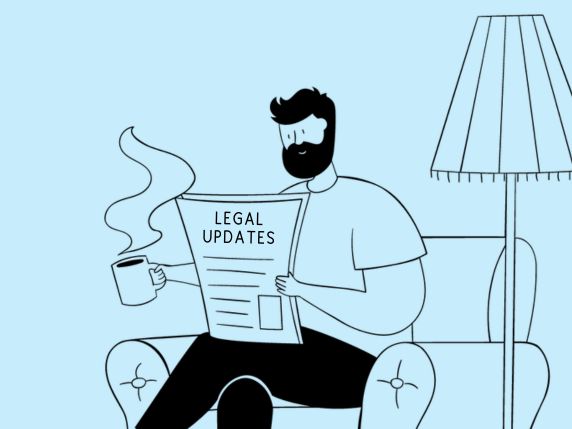Well-known trade marks are marks that are universally recognisable by the general public and are widely renowned. Google, Apple, and Coca Cola are examples of well-known trade marks. These marks enjoy wider protection under trade mark law, due to their reputation with the general public.
Recent changes to legislation made by the Trade Marks (Amendment) Regulations 2022 will amend the Trade Marks Act 1994 by:
- Allowing owners of unregistered well-known trade mark to prohibit the use of a similar mark, regardless of the class of goods and services. Previously, holders of well-known marks had the right to stop the use of similar marks only if they were used in the same or similar class of goods and services.
- Expanding the provisions in Section 56 of the Trade Mark Act to UK based holders. According to the previous legislation, section 56, regarding well known marks, was applied only to countries that are connected or domiciled within the Paris Convention. Following these changes, these provisions will also apply to the UK, which will allow well known mark holders to challenge a potentially conflicting mark. This will also apply to the definition of ‘earlier trade marks’.
These changes will take effect 21 days after the legislation has been signed, which is likely to be around the end of December 2022. This ensures the UK will comply with the World Intellectual Property Organization’s (WIPO) ‘Joint Recommendation on the Protection of Well-Known Marks’.
Although the UK has pre-existing provisions to protect businesses against infringement, such as registering a well-known mark or passing off, these changes offer a clearer way of protecting rights, by including the UK in addition to Paris Convention countries. For businesses holding a well-known mark, these new provisions could help protect your mark, preventing unfair use by competitors across different classes. These changes ensure that competitors cannot infringe a well-known mark by unfairly using it out-with the class of goods or services in which it is used by the owner.
While these are technical changes, which have not drastically altered existing alternative rights for UK mark holders, they provide more clarity regarding the scope of protection of your trade marks.







